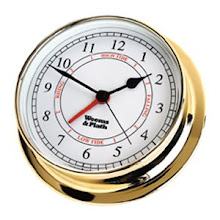The soldiers, both members of the International Stabilisation Force (ISF), were travelling in a water tanker when the accident occurred about 9.30am (AEST) yesterday, Defence said.
No other vehicle was involved.
"The accident occurred approximately 50km west of Dili, in the Maubara district,'' Defence said last night.
"The tanker rolled down a 15m embankment.''
Two Australian Defence Force helicopters went to the soldiers' aid, providing on-site first aid before taking the pair to an ISF medical facility in Dili.
"Both soldiers will be placed on restricted duties and are expected to make a full recovery from their injuries and return to normal duties,'' Defence said.
"The next of kin of both soldiers have been informed.''
Defence has not released the sex, age or name of the injured soldiers.
An investigation is under way to determine the cause of the accident. (news.com.au)
No other vehicle was involved.
"The accident occurred approximately 50km west of Dili, in the Maubara district,'' Defence said last night.
"The tanker rolled down a 15m embankment.''
Two Australian Defence Force helicopters went to the soldiers' aid, providing on-site first aid before taking the pair to an ISF medical facility in Dili.
"Both soldiers will be placed on restricted duties and are expected to make a full recovery from their injuries and return to normal duties,'' Defence said.
"The next of kin of both soldiers have been informed.''
Defence has not released the sex, age or name of the injured soldiers.
An investigation is under way to determine the cause of the accident. (news.com.au)



